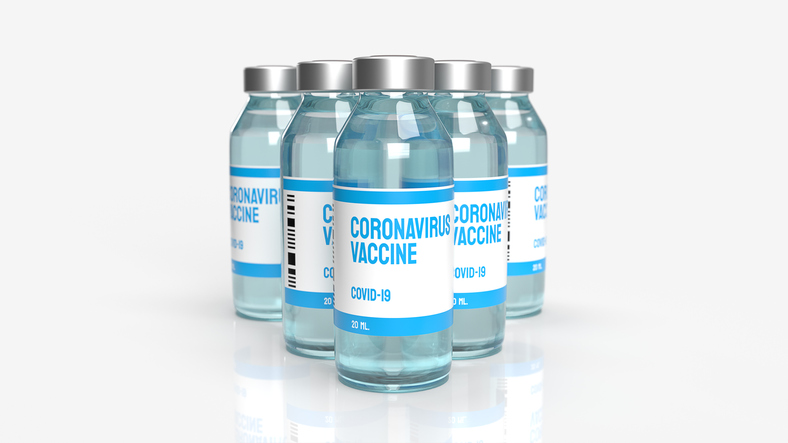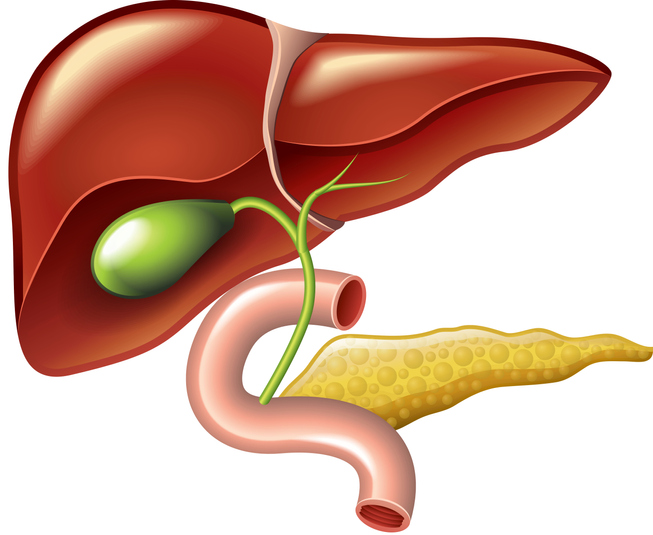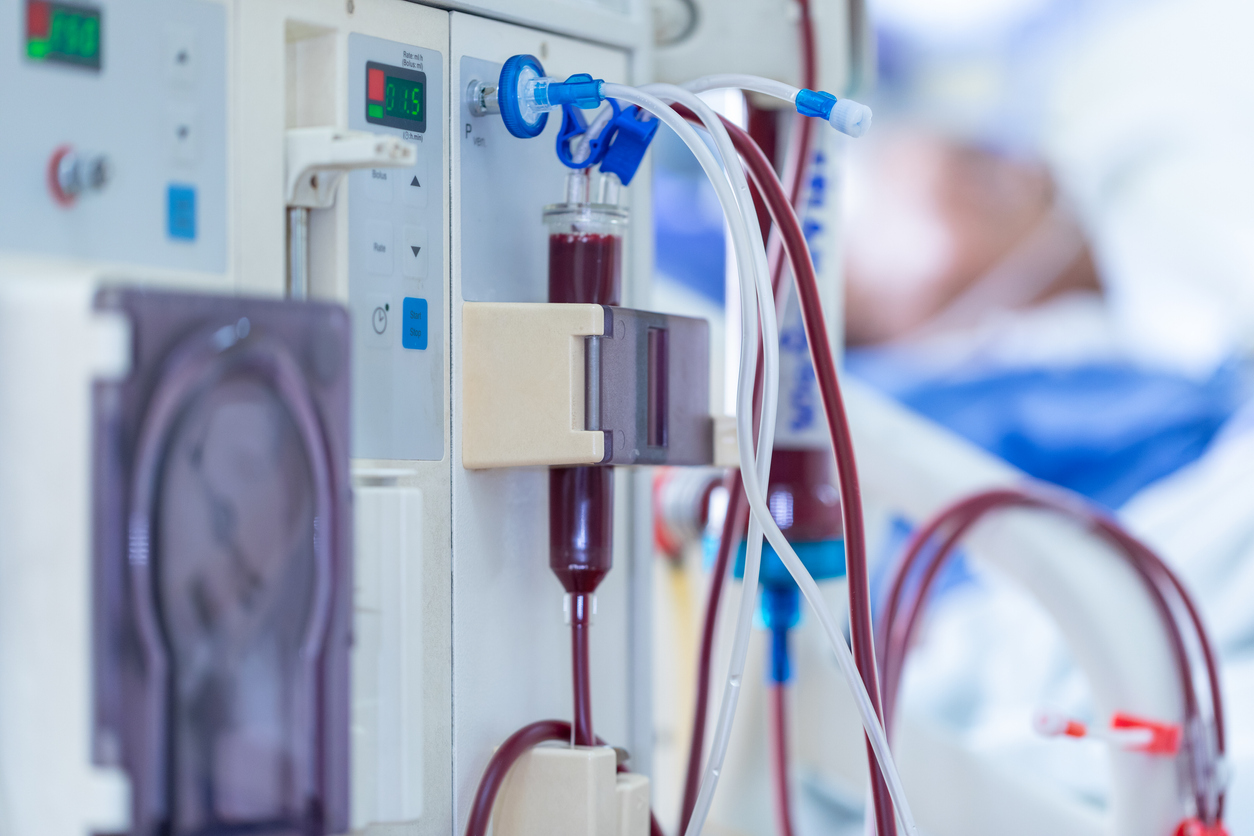“Studies have reported low seroconversion rates (58% after the second dose) in solid organ transplant recipients who received a messenger RNA (mRNA) SARS-CoV-2 vaccine.1,2 Based on this evidence, the French National Authority for Health issued a recommendation in April 2021 to administer a third vaccine dose in immunosuppressed patients who did not respond after 2 doses. We examined the antibody responses of kidney transplant recipients who did not respond to 2 doses and received a third dose (100 μg) of the mRNA-1273 vaccine (Moderna).
Methods
All kidney transplant recipients followed up in the outpatient Kidney Transplantation Department of Strasbourg University Hospital between January 20, 2021, and June 3, 2021, with a negative history for COVID-19 and SARS-CoV-2 antispike IgG levels less than 50 arbitrary units (AU)/mL on the day of the first vaccine injection and 1 month after the second dose were included. All patients received a third vaccine dose between April 9, 2021, and May 12, 2021. The study protocol was approved by the local ethics committee and written informed consent was obtained.”
Learn more, here.








